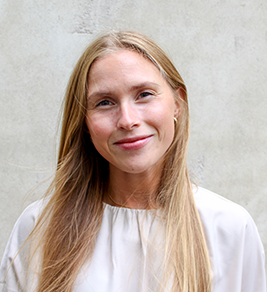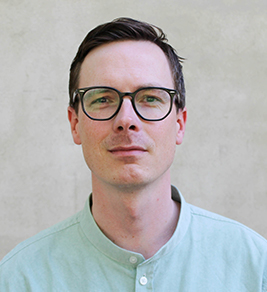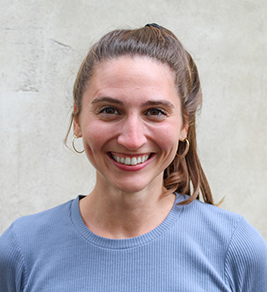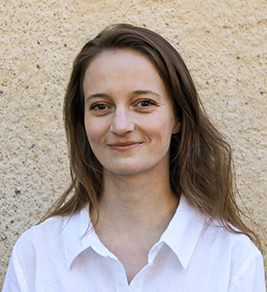Recent Nordregio studies show that all Nordic countries aim for sustainable tourism development in their national strategies. Many ongoing Nordic tourism studies focus especially on economic and environmental aspects of sustainable tourism. This research however aims to look further into the concept of sustainable tourism development from a sociocultural perspective. The project will examine what the Nordic countries consider social and cultural effects in tourism development to be, and look into which possible indicators are used to measure the social dimension of sustainability in the ongoing quest of the Nordic countries for sustainable tourism development.
This will include for example analysing tourism contributions and costs for regions and more rural areas, effects on employment, working conditions, provision of services, culture and arts, preservation of heritage, perception and preservation of nature, transport, housing and general tolerance towards tourism.
This project will therefore produce a knowledge overview of how social and cultural aspects are considered in Nordic tourism development, both on a national level as well as regional and local levels. This will include a policy overview to pinpoint in which ways the social dimension of sustainable tourism development is being considered, and if and how, indicators are used to illustrate positive and negative impacts on the social and cultural dimensions of sustainable tourism. Also, how social and cultural identities are used to support sustainable tourism will be explored in the project.
The in-depth qualitative part of the study would focus on social aspects of tourism such as the value creation of the tourism industry, the insecurity of the often very seasonality of tourism work, the role of tourism jobs as entry-level work and the lower-educated, employment of migrant workers in tourism-related industries and benefits and costs of tourism for societies beyond economic and environmental aspects.






